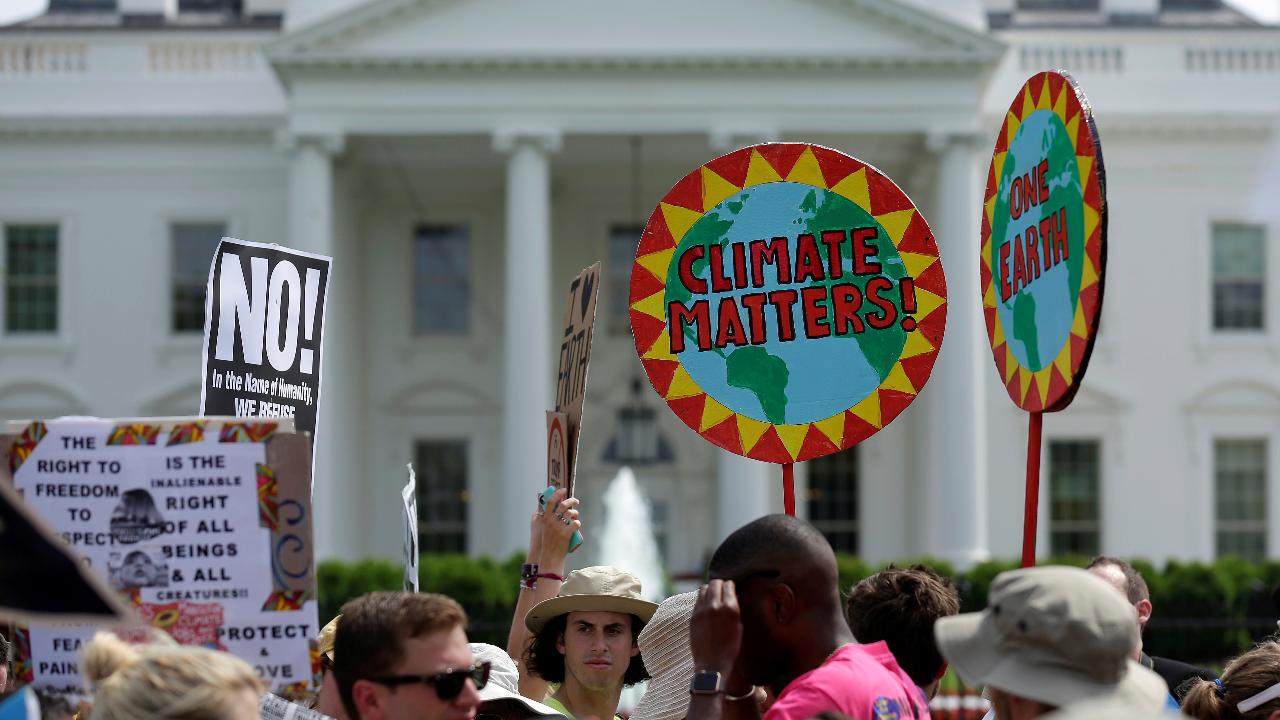In recent years, discussions surrounding catastrophic global warming have soared to the forefront of public consciousness. Debates swirl around whether the potential for catastrophic consequences stemming from climate change is a reality or a myth. This article seeks to intertwine these discussions with Bahá’í teachings, offering a nuanced exploration of the intersection between spirituality, ethical stewardship, and environmental concerns.
At the heart of Bahá’í teachings lies a profound emphasis on unity – unity of humankind and, equally pertinent, unity with the natural environment. It is crucial to comprehend that according to Bahá’í beliefs, humanity is entrusted with the responsibility of safeguarding the Earth. The writings of Bahá’u’lláh often illuminate the intricate relationship between humanity and the planet, urging adherents to recognize their role as stewards of creation. Thus, the question arises: to what extent do Bahá’í teachings advocate for proactive environmentalism in light of global warming?
Throughout history, scientific consensus regarding climate change has strengthened, rendering the subject a matter of grave concern. Observations and empirical data indicate rising global temperatures, melting glaciers, and erratic weather patterns. The Bahá’í perspective does not lend itself to denialism. Instead, it encourages an acknowledgment of the scientific findings related to climate change as essential components of the faith’s approach to environmental stewardship. Bahá’í teachings posit that accepting scientific truths is integral to the advancement of society and the betterment of the world.
In delving deeper into Bahá’í principles, one can observe that the notion of the oneness of humanity extends beyond social and political domains to embrace environmental ethics. The Qur’ánic injunction to act justly and promote the well-being of others dovetails with the idea that ecological preservation aligns with the spiritual advancement of humanity. The Bahá’í faith advocates for action grounded in compassion and solidarity, prompting individuals to consider how their actions affect future generations.
As an extension of ethical responsibility, Bahá’í teachings articulate a framework for sustainability. This emphasis on sustainability manifests in community-level initiatives, education, and the promotion of renewable energy sources. By fostering an awareness of ecological interdependence, believers are encouraged to embrace their role not only as custodians of their immediate environments but also as advocates for broader policy reforms aimed at addressing global warming on a macro scale.
Moreover, Bahá’í writings stress the importance of education as a tool for enlightenment. This educational imperative is especially relevant when one considers the need for increased awareness regarding climate change and its potential ramifications. Bahá’ís are motivated to spread knowledge on environmental issues and advocate for the integration of ecological studies into educational systems worldwide. It is within this educational framework that Bahá’ís can contribute to dispelling myths and misconceptions surrounding global warming.
A progressive approach to the environment also calls for innovation and adaptability. Bahá’í teachings encourage the embrace of advancements in technology that align with conservation principles. The faith promotes the development and utilization of sustainable technologies that minimize waste and conserve natural resources. It is imperative to recognize the dual significance of technology in Bahá’í discourse. On one hand, it can exacerbate environmental degradation; on the other, it offers solutions that can mitigate the effects of global warming.
The concept of justice, intrinsic to Bahá’í ideology, warrants attention in this context. Environmental degradation often disproportionately impacts marginalized communities, exacerbating existing social and economic inequalities. A response rooted in Bahá’í principles necessitates not only a focus on ecological balance but also social equity. Consequently, Bahá’ís are called to participate in advocacy efforts that ensure that all individuals, regardless of socioeconomic standing, have an equitable voice in environmental matters.
Moreover, Bahá’í teachings espouse the importance of collective action. Global warming is a challenge that transcends geographical and cultural boundaries, necessitating collaborative efforts across nations and faiths. The Bahá’í community ardently supports partnerships with various organizations, aiming for a unified response to environmental crises. Such collaborations can lead to more impactful and far-reaching solutions, illustrating the faith’s commitment to cooperative engagement on a global scale.
Despite these proactive strategies rooted in Bahá’í teachings, skepticism regarding the magnitude of global warming persists. Some argue that the apocalyptic visions often associated with climate change may be overstated or misrepresented in popular discourse. Yet, from a Bahá’í standpoint, it is crucial to balance caution with action. Faith urges believers against complacency, advocating for active participation in mitigating environmental issues and safeguarding the planet for future generations.
In conclusion, the Bahá’í perspective on catastrophic global warming does not waver in the face of denialism or skepticism. Instead, it emphasizes an ethical, proactive approach rooted in unity, justice, and collective responsibility. Bahá’í teachings illuminate a path towards a sustainable future through education, technological innovation, and collaborative efforts. The onus lies upon individuals – as stewards of creation – to raise awareness and champion solutions that address the challenges posed by climate change. In essence, the Bahá’í approach invites humanity to reflect upon its shared responsibility for the Earth, encouraging action in the spirit of cooperation and protection for the world we inhabit.
